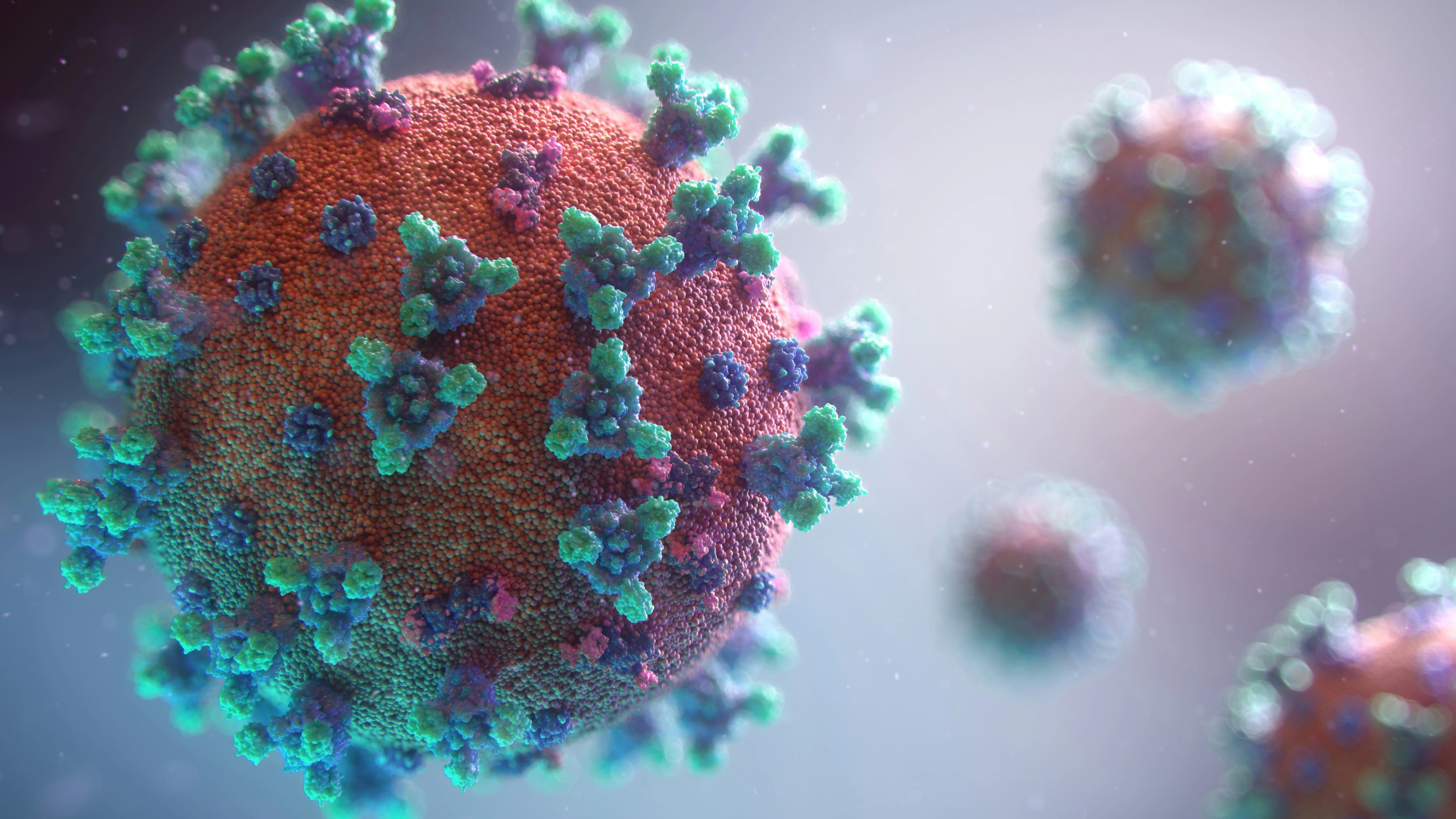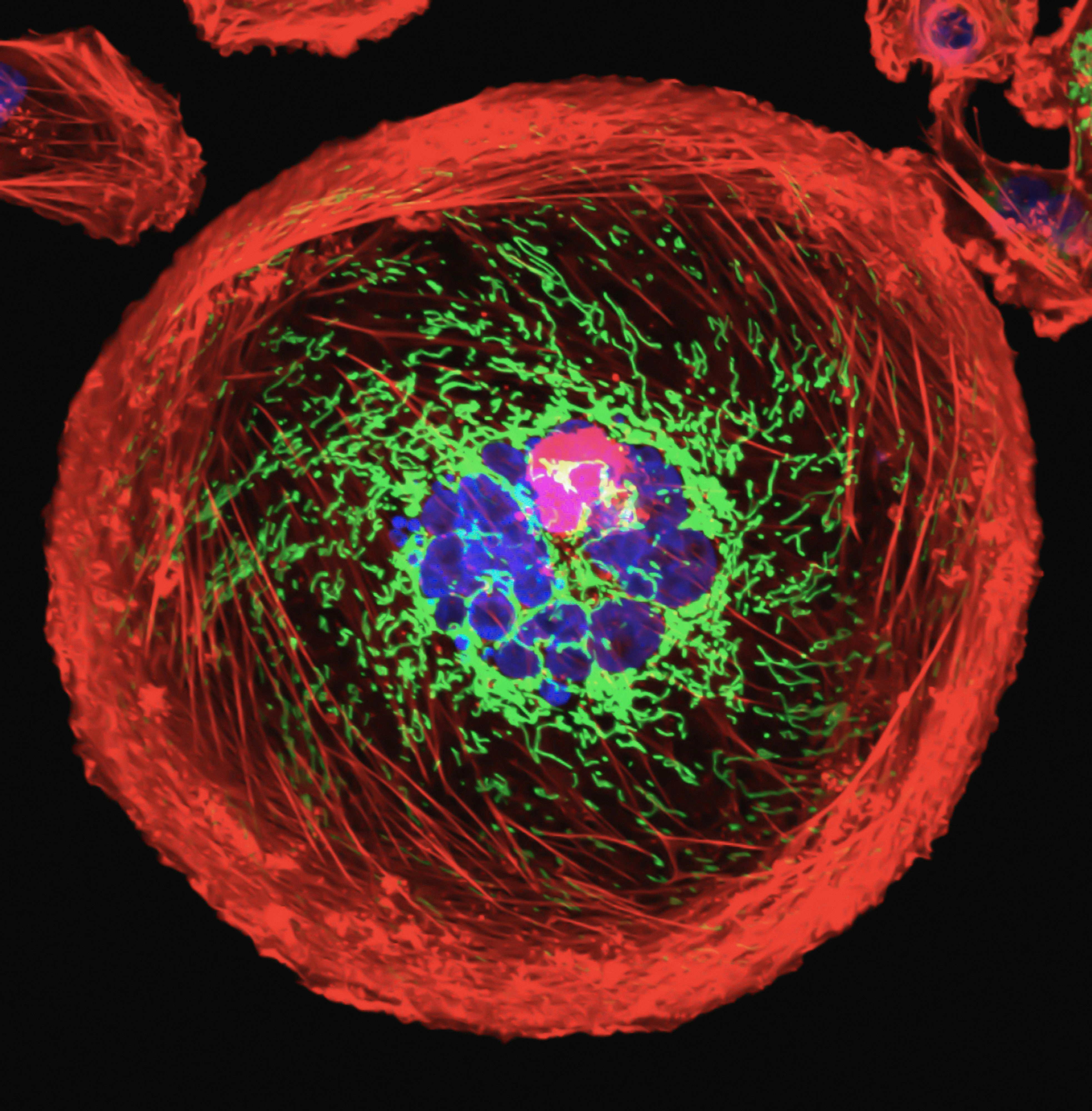Research
We work on some of the most complex and interesting challenges by combining huge bio-data and computer science.
VHH Antibody

For DNA organisms including humans, the genome should not change throughout our lives, but only the antibody genes change almost infinitely (hypermutation), and the acquired antibodies fight viruses, bacteria, and cancer. In this meaning, antibodies are amazing nature's masterpiece. Evolutionarily, it originated in cartilaginous fish such as the eight-eyed eel, then evolved into a more complex form (2 light chains + 2 heavy chains = tetramer). In 1989, it was discovered accidentally that some of the antibodies possessed by alpacas, llamas and camels are exceptionally composed only of heavy chains. Due to their simple structure, heavy-chain antibodies are expected to be easy to analyze and suitable for industrial production. The "miniature antibodies" proposed here are called VHH antibodies, or nanobodies. So far nobody can explain why camelids have heavy chain-only antibodies. On the other hand, a similar concept called IgNAR was attempted to industrialize cartilaginous fish heavy chain antibodies. In fact, the development of drug discovery seeds using shark antibody genes is progressing, and Australian biotechnology called AdAlta is at the forefront.
Since 2014, COGNANO has been researching and developing VHH antibodies as the only company in Japan with its own alpaca colony. During this time, we discovered that labelling big data can be obtained by decoding the genes that encode VHH antibodies using a next-generation sequencer and that computer science can be used to design and predict the performance of antibodies, and we have continued to evolve. The reason why we raise expensive animals is that we want to accumulate the diversity of antibodies that nature creates as supreme data in real life. If you simply create antibodies that bind easily, you can select them in vitro and create them, but the diversity will be abandoned. Around this time, COGNANO decided to be apart from general VHH antibody manufacturers and rethink VHH as "biological information" rather than a company that produces antibodies using VHH as a substance. As a result, we succeeded in discovering rare seeds that were difficult to obtain with conventional biotechnology. (e.g. TNBC breast cancer, the newest variant of COVID-19, etc.)
Currently, IT engineers are participating in COGNANO, aiming not only to solve UNMET NEEDS but also to a higher level, building a general-purpose model for antibody design using machine learning, and developing products for personalized medicine.
Covid-19

Coronaviruses are a type of "cold virus" that has been circulating in Asia for a long time. Corona, an RNA virus, was the main cause of many cold outbreaks each winter. In 2002, a shock wave ran through China. An epidemic of the type that suddenly led to respiratory failure and death appeared. This is called SARS (Severe Acute Respiratory Syndrome), and the isolated causative virus was considered to belong to coronavirus from the genome sequence and was named CoV1. At that time, it was limited to Asia, converged in a little over half a year, and did not enter Japan. In 2019, another outbreak occurred in China in a similar fashion. It was classified as a coronavirus with similar symptoms but was named CoV2 because of additional genomic differences. liability was suspected. Either way, it quickly spread around the world, creating what some call a "pandemic." An estimated 7 to 10 million people died worldwide. As the virus spreads around the world, it has been observed to linger (escape from human immunity) due to long-term escape mutations in the virus. Influenza and Corona are two major "cold" viruses, but both are RNA viruses and human immunity (including vaccine technology) can never overcome them. Everyone must have been repeatedly infected with SARS-CoV2 and the classic corona. Human wisdom should be devoted to "protective technology" that underpins effective treatment and prevention.
COGNANO is contributing to society by tracking the mutations of the COVID-19 virus as VHH antibody data derived from alpaca and using machine learning to develop anti-infective drugs against all mutations. This attempt has been published as scientific papers one after another. Virus experiments were conducted jointly with Kyoto University and the University of Tokyo, and structural biology was jointly conducted with Osaka University. Pfizer and Moderna were the first companies to put mRNA vaccines into practical use, and by converting VHH antibody genes into information, it became further possible to understand drug discovery against mutant viruses using computer science based on Cognano's technology. It is worth noting that Since the pandemic, we have entered an era in which IT is used to create medicines for all kinds of diseases, and COGNANO, which has refined its technology synchronized by COVID-19, is expected to have an impact.
Triple-nagative Breat Cancer

There are 400,000 onsets of breast cancer annually just in the US. Among women, it is the top cause of death. In addition, breast cancer is a disease whose incidence rate is increasing remarkably in Japan, and the influence of dietary habits is suspected. According to the pathological classification of cancer cells, 60% are diagnosed to be hormone receptor-positive, 20% are to be Her2-positive, and the remaining nearly 20% are classified as triple-negative breast cancer (TNBC), a group with no molecular marker. Among breast cancers, TNBC is especially known to be preferential in young women, progresses dramatically, and is known for its lack of definitive treatment. If a specific molecular marker can be found, it will be possible to define multiple subtypes, and it should also be a breakthrough for drug discovery. However, despite great efforts, no definite TNBC-specific marker has been discovered at present, and it is not even possible to consider whether it exists. Nonetheless, if such a target molecule "exists", it may be impossible for human recognition to find it.
COGNANO has attempted to search with the original VHH technology and succeeded in finding several leading candidates. COGNANO's technology is also expected to be effective in other diseases for which "target molecules are unknown," such as pancreatic cancer. Current drug discovery can only get started when there is a molecular target. COGNANO will be able to solve the diseases classified as UNMET NEEDS.